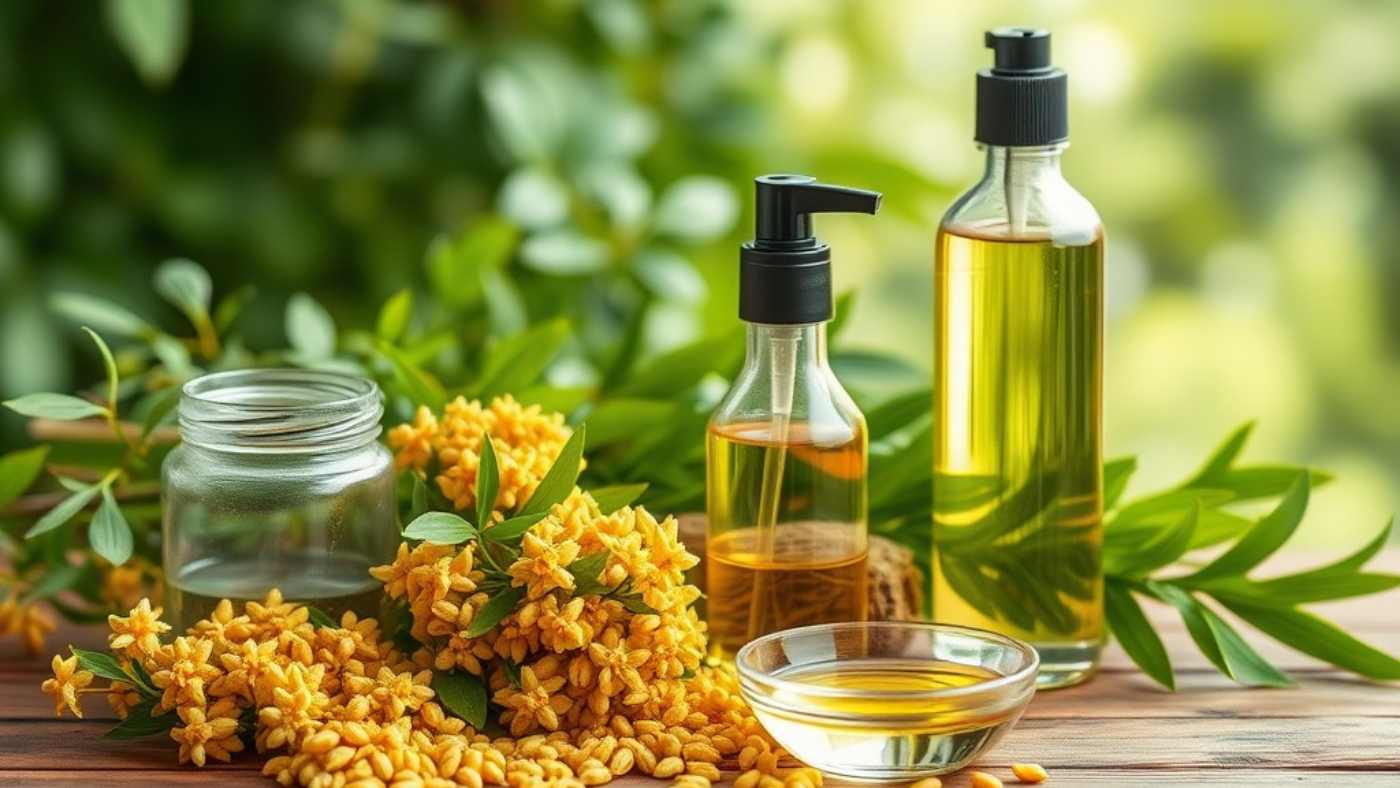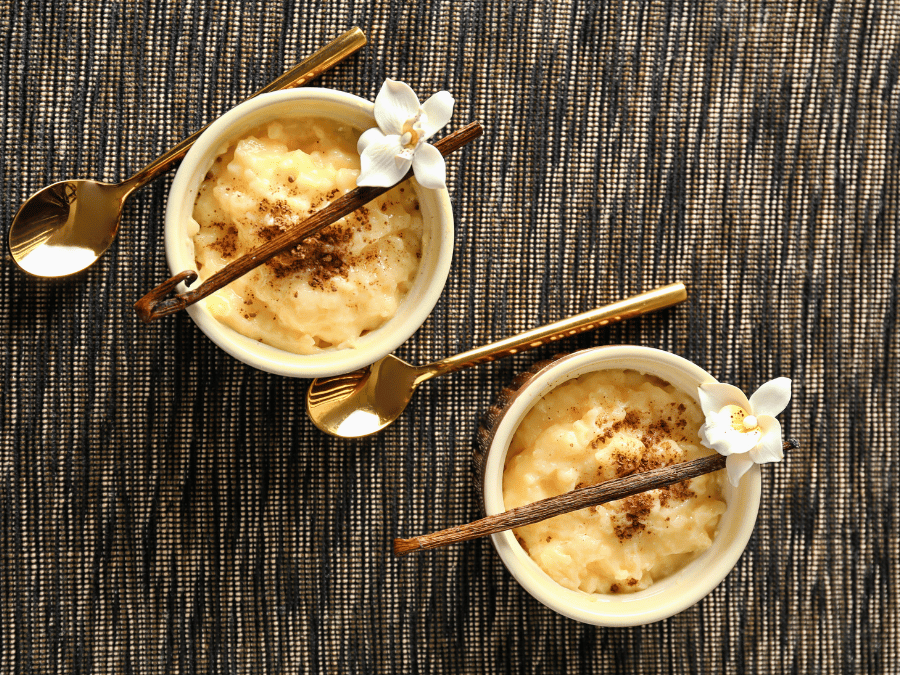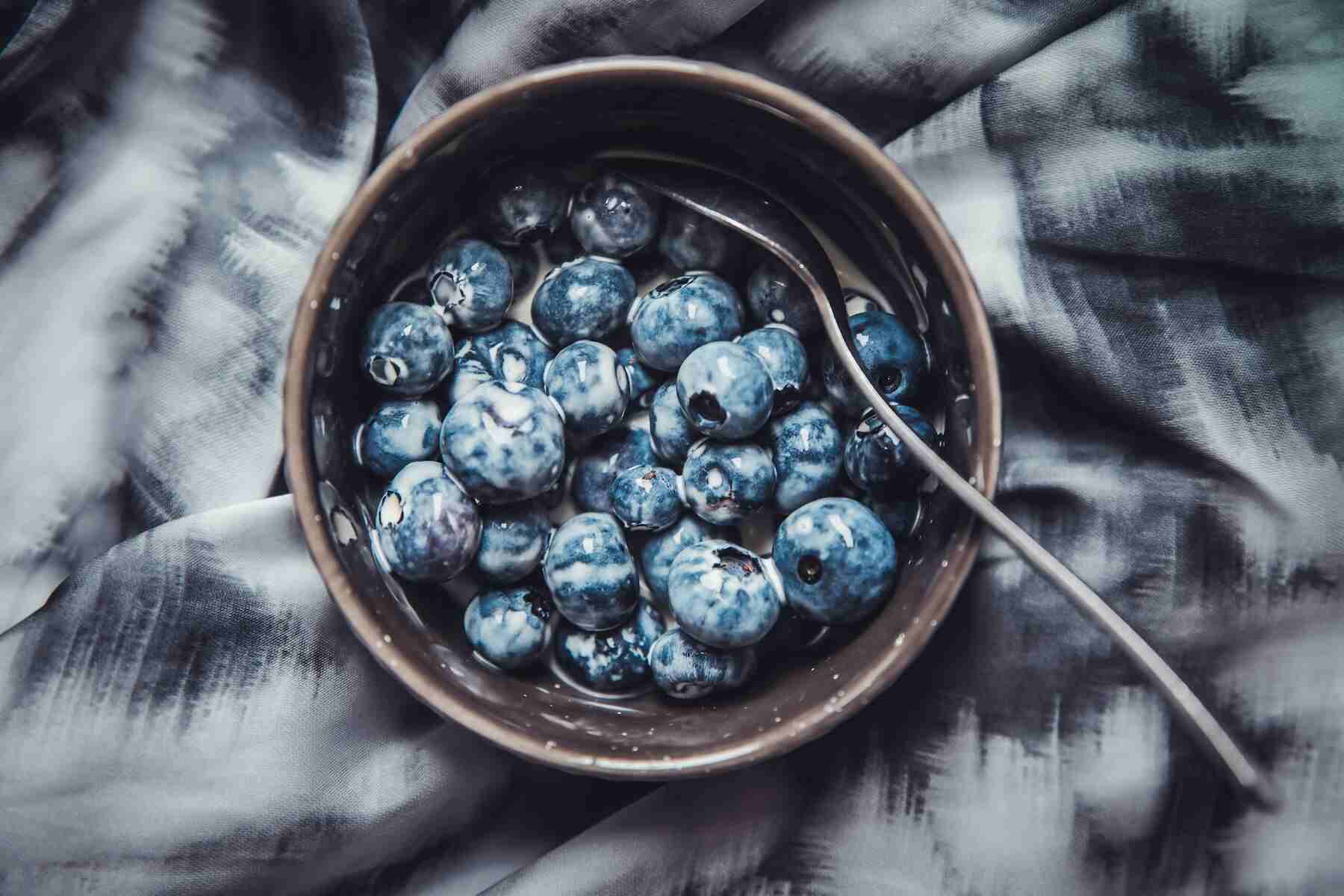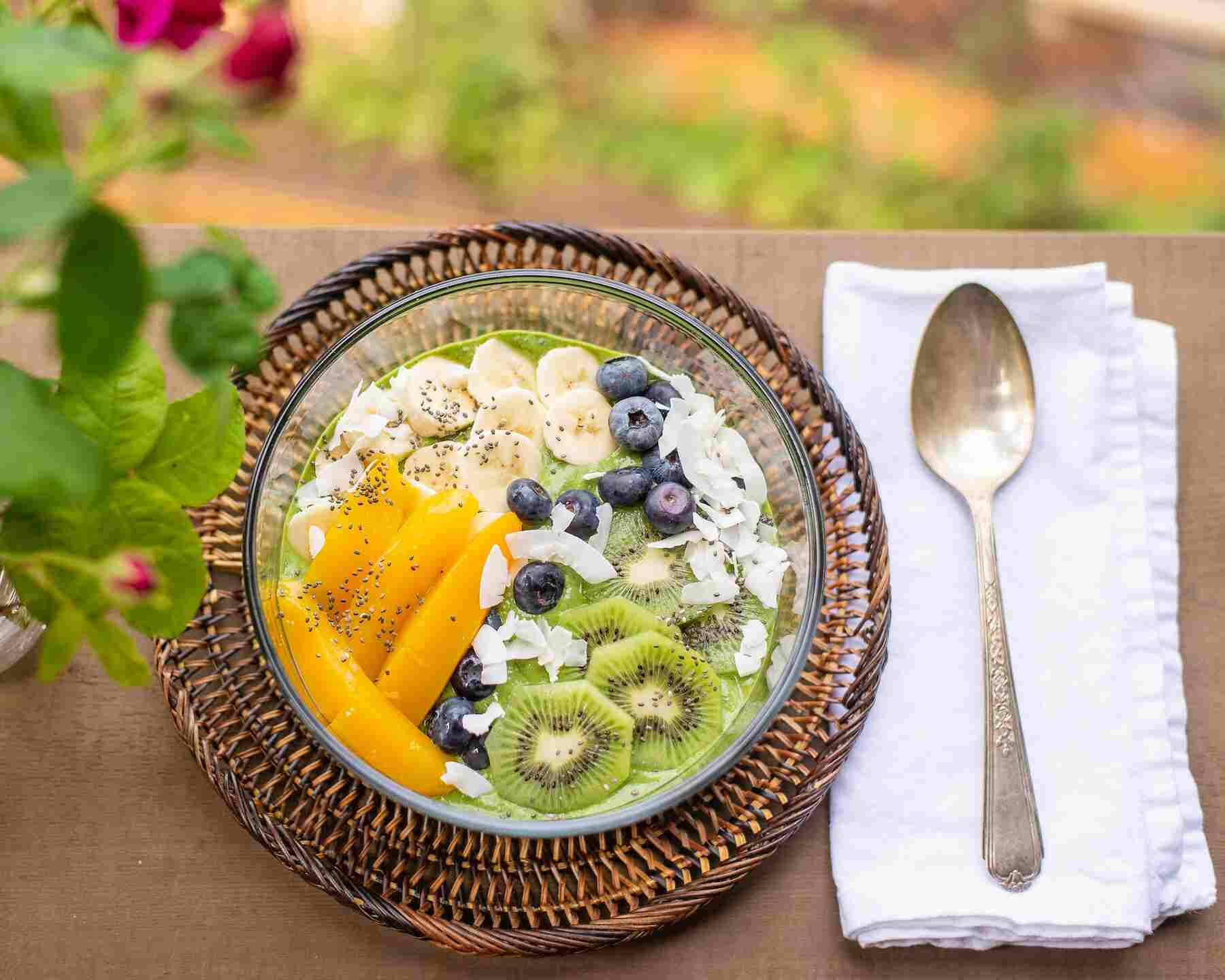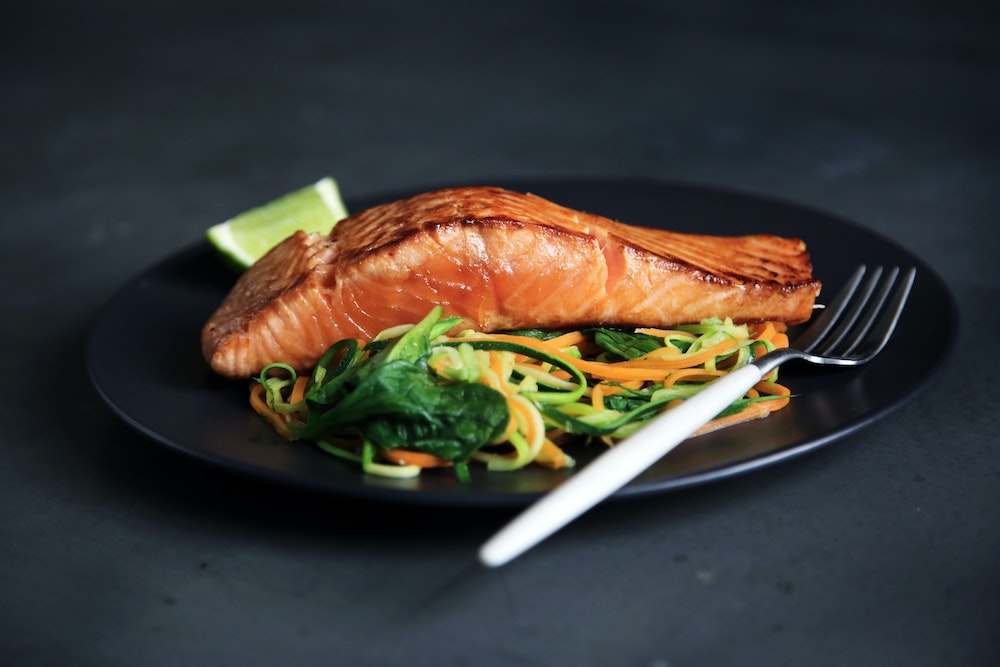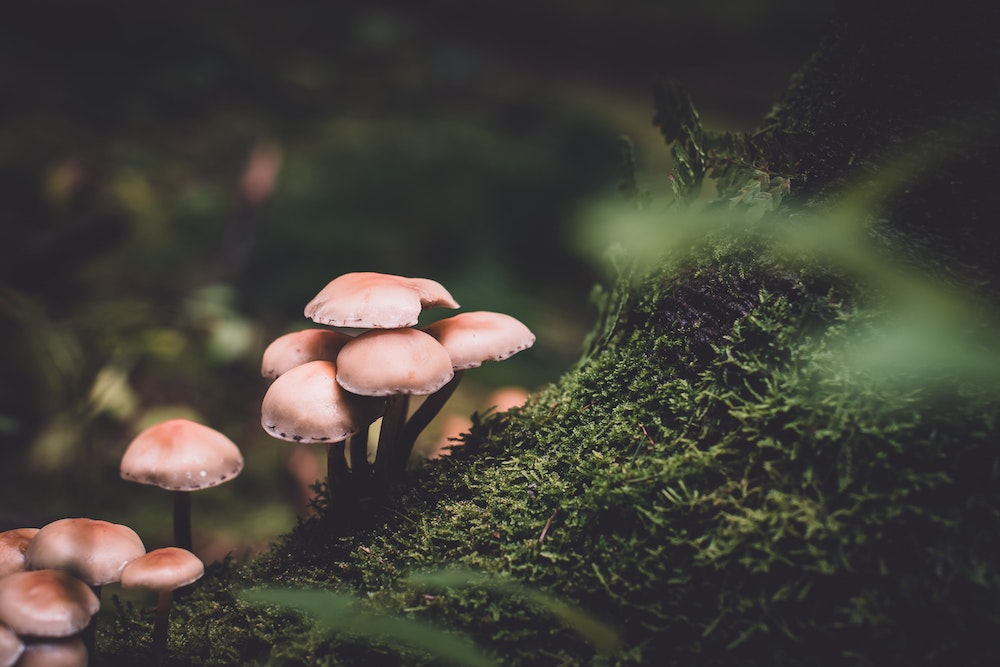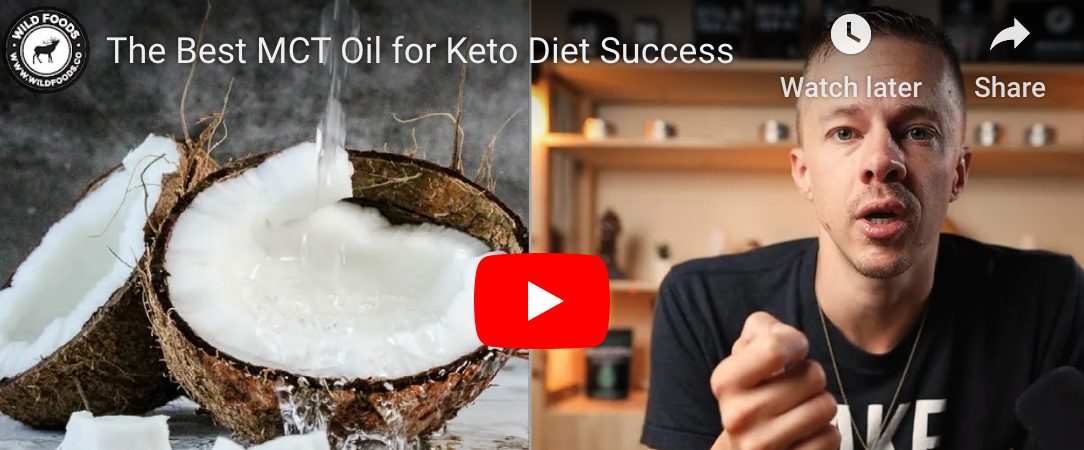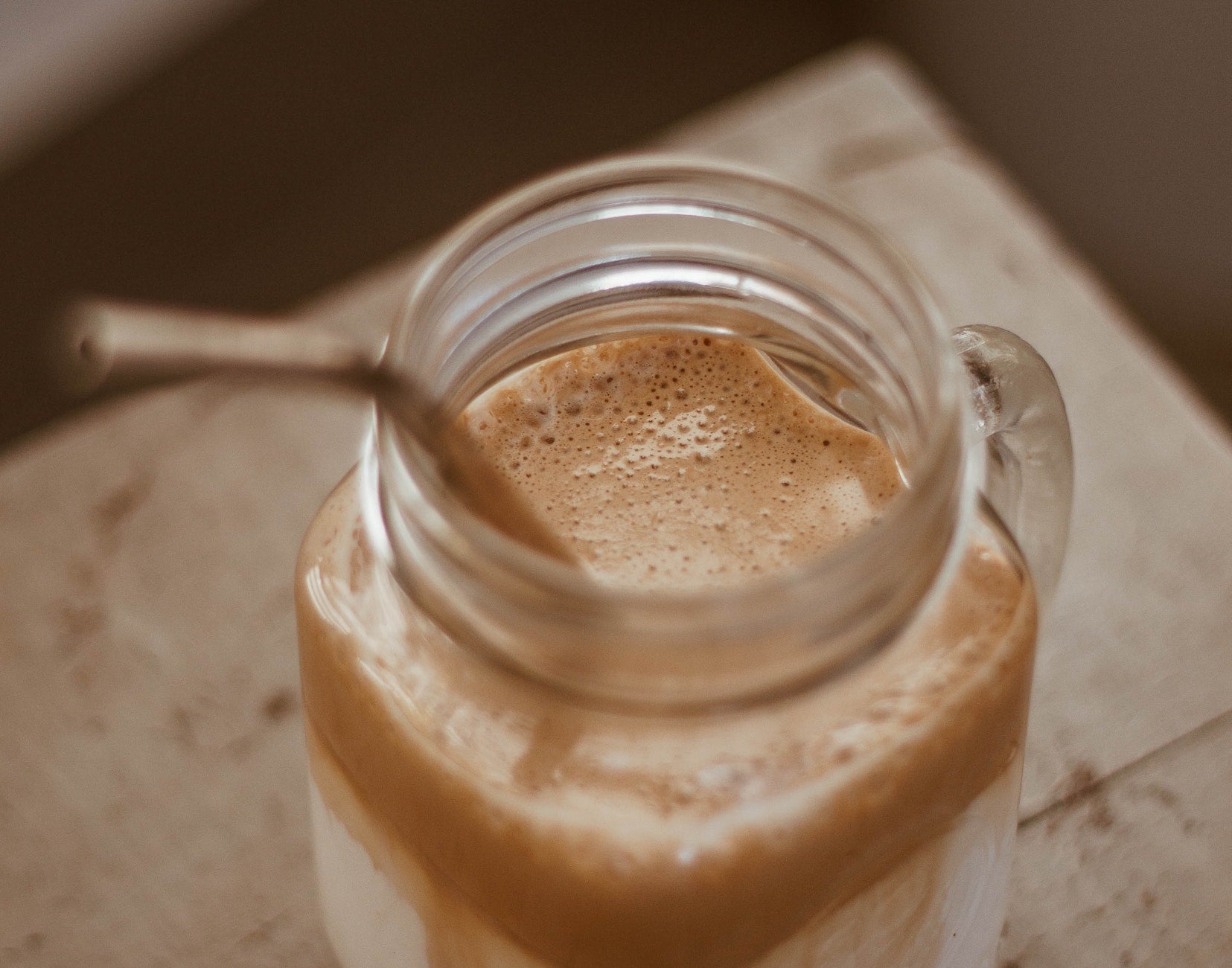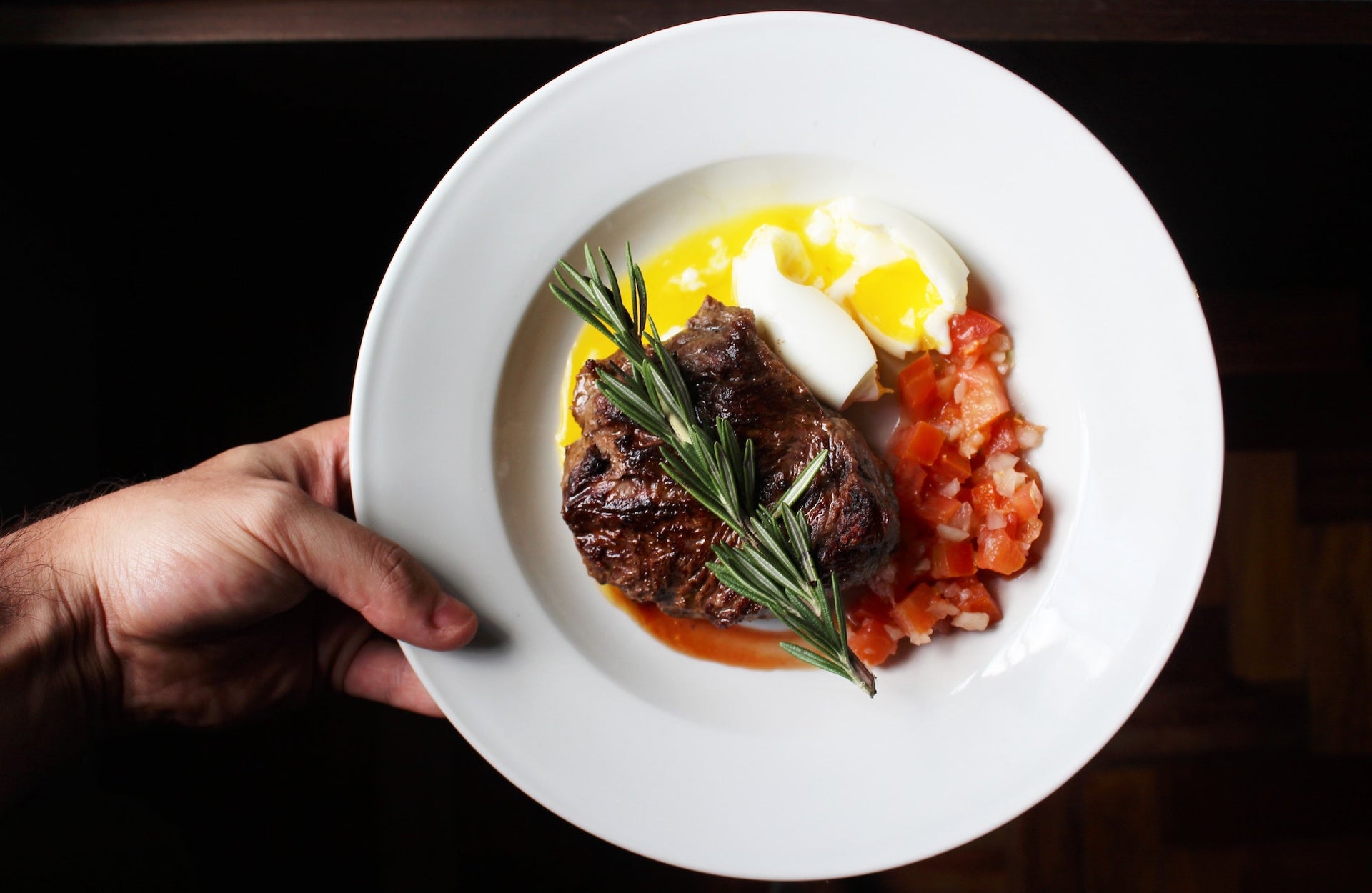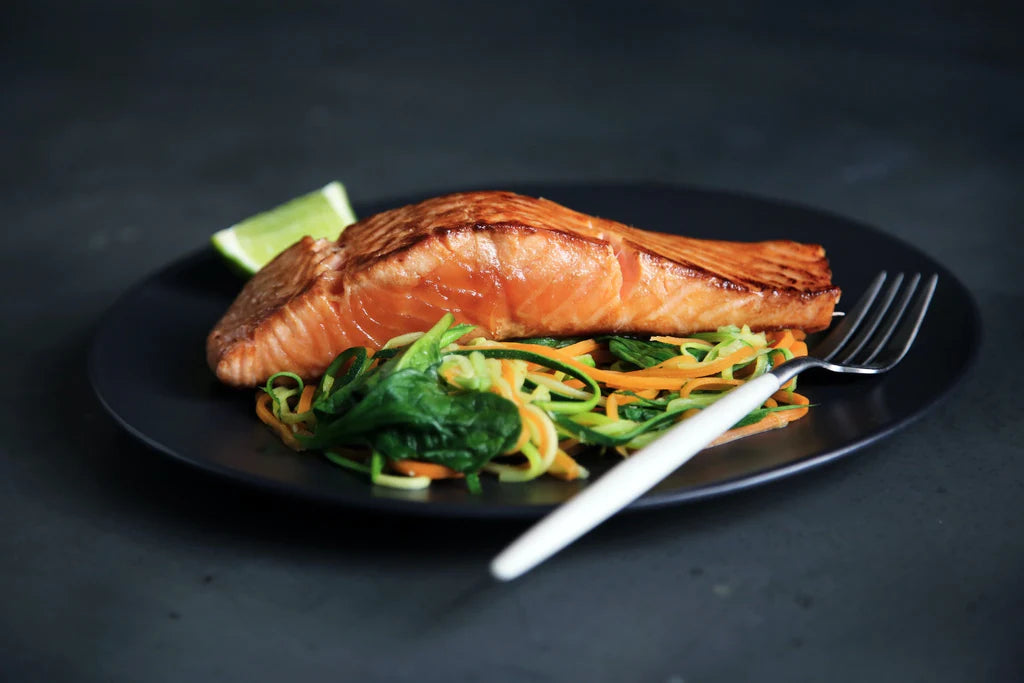Wild Content
-
The popularity of the Gary Brecka Diet stemmed from his different perception of nutrition, fasting, and health. The word has just been mentioned, and you do not know its meaning; you cry over the word and move to learn what...
-
Your brain and your gut make a synchronized connection known as the gut-brain axis. Two-way data communication occurs from your brain to your stomach nerves. New scientific evidence warrants doctors to explore how mental health impacts gut health and vice...
-
Normally referred to as Withania somnifera, ashwagandha has been a cornerstone of traditional medicine for centuries. This extraordinary herb is famous for its adaptogenic properties and, nonetheless, renowned for its ability to support the body’s ability to adapt to stress...
-
Stress can feel like a friend you wish you did not have in the fast-paced world of today. A lot of people are using Ashwagandha to reduce their stress levels. Traditional, ly ayurvedic herb Ashwagandha has become very popular as...
-
Hair care is one of the essential things in a beauty routine. There are just that many products out there that promise miracles, and it’s hard to tell what does what. There are natural remedies, such as fenugreek sand hine....
-
Your gut health creates better total well-being than any other condition, and is a sign of a healthy gut. Many people have light symptoms that reveal their digestive system creates poor output. Identifying gut troubles at their start will help...
-
Baking with vanilla is a classic ingredient used in recipes for centuries. The most prevalent type of vanilla utilized is vanilla extract in baking. Still, vanilla powder is an excellent option to add a more intense, complex flavor profile to any...
-
Supercharge your day with superfoods! Learn which ones boost energy, how to eat them & maintain healthy habits for unlocked energy.
-
Explore superfoods' potency with this list! Find best supplements for you & integrate them into diet without losing taste. Unleash their potential!
-
Discover natural supplements for depression to manage symptoms and feel better without side effects. Learn benefits and choose the right supplement!
-
Make keto meals fast with Instant Pot! Get recipes, tips, and avoid mistakes in our guide to cook nutritious meals.
-
Eating healthy may be a no-brainer, but cooking healthy meals can be daunting. Especially if you're new to the kitchen and need more experience, it can take a lot of work to know where to start. Meal preparation doesn't have...
-
The benefit of cremini mushrooms for your health will be covered in this blog post, along with the reasons they should be a regular part of your diet.
-
Get the Wild Foods diet in a nutshell. Know what you should be choosing for nutritious food and how it can help you live a prosperous and Wild life.
-
Research? What research? “Research” is used by trolls and those with an agenda to put together lazy explanations for complex things they don’t understand. You don’t need some guy in a lab coat to tell you what’s what. If you...
-
MCT Oil is essential in the kitchen, especially when on a Keto diet. It is extremely versatile in the kitchen, so you can add it to your coffee, shake, and more importantly, cook with it.MCT oil is made from the...
-
Have you ever put butter in your coffee? Butter in coffee is delicious. And it's growing in popularity, so much so that you can now find butter coffee on the menu in many Whole Foods. Part of the reason it...
-
Wondering if salmon is keto-friendly? This article will tell you everything you need to know about eating salmon on the keto diet.
-
You might think that salmon is an obvious choice for a ketogenic diet. After all, it’s one of the go-to fish for healthy eaters because it’s high in protein and omega-3 fatty acids. At the same time, anything that comes...




